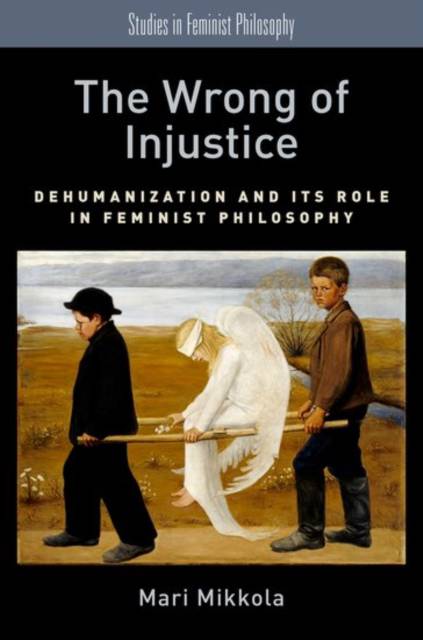
- Retrait gratuit dans votre magasin Club
- 7.000.000 titres dans notre catalogue
- Payer en toute sécurité
- Toujours un magasin près de chez vous
- Retrait gratuit dans votre magasin Club
- 7.000.0000 titres dans notre catalogue
- Payer en toute sécurité
- Toujours un magasin près de chez vous
95,45 €
+ 190 points
Description
This book examines contemporary structural social injustices from a feminist perspective. It asks: what makes oppression, discrimination, and domination wrongful? Is there a single wrongness-making feature of various social injustices that are due to social kind membership? Why is sexist oppression of women wrongful? What does the wrongfulness of patriarchal damage done to women consist in? In thinking about what normatively grounds social injustice, the book puts forward two related views. First, it argues for a paradigm shift in focus away from feminist philosophy that is organized around the gender concept woman, and towards feminist philosophy that is humanist. This is against the following theoretical backdrop: Politically effective feminism requires ways to elucidate how and why patriarchy damages women, and to articulate and defend feminism's critical claims. In order to meet these normative demands an influential theoretical outlook has emerged: for emancipatory purposes feminist philosophers should articulate a thick conception of the gender concept woman around which feminist philosophical work is organized. However, Part I of the book argues that we should resist this move, and that feminist philosophers should reframe their analyses of injustice in humanist terms. Second, the book spells out a humanist alternative to the more prevalent gender-focus in feminist philosophy. This hinges on a notion of dehumanization, which Part II of the book develops. The argued for understanding of dehumanization is used to explicate the wrongness-making feature of social injustices, both in general and of those due to patriarchy. Dehumanization is not another form of injustice-rather, it is that which makes forms of social injustice unjust. The book's second part then provides a regimentation of social injustice from a feminist perspective in order to spell out the specifics of the proposed humanist feminism, and to demonstrate how it improves some non-feminist analyses of injustice too.
Spécifications
Parties prenantes
- Auteur(s) :
- Editeur:
Contenu
- Nombre de pages :
- 296
- Langue:
- Anglais
- Collection :
Caractéristiques
- EAN:
- 9780190601089
- Date de parution :
- 01-08-16
- Format:
- Livre broché
- Format numérique:
- Trade paperback (VS)
- Dimensions :
- 155 mm x 231 mm
- Poids :
- 408 g

Les avis
Nous publions uniquement les avis qui respectent les conditions requises. Consultez nos conditions pour les avis.






